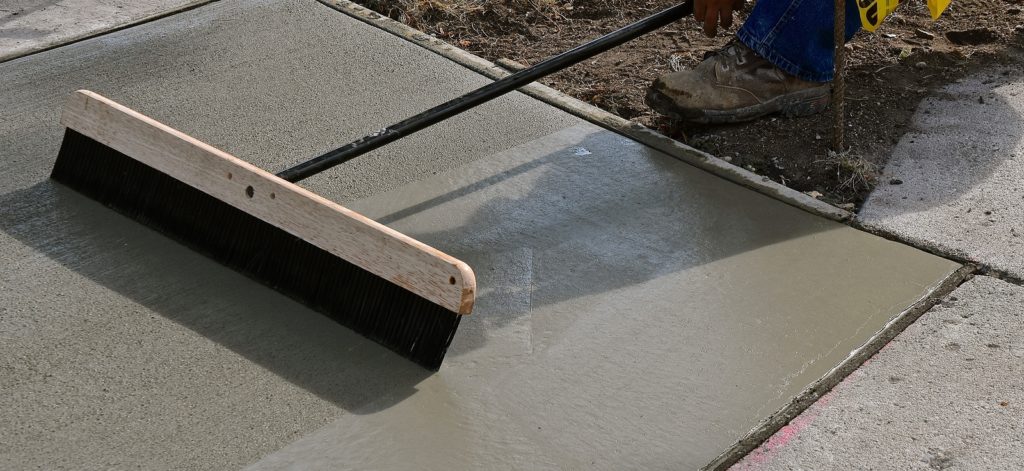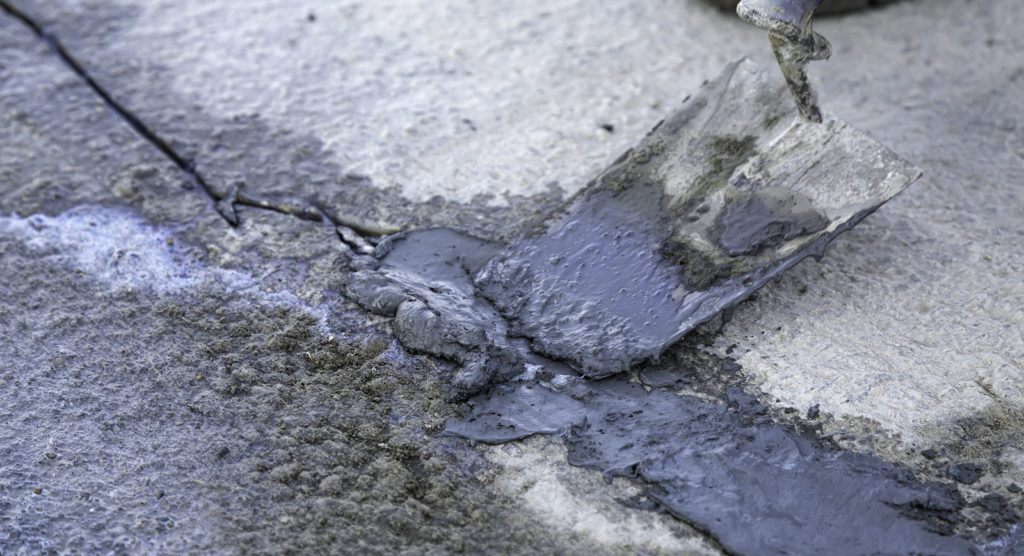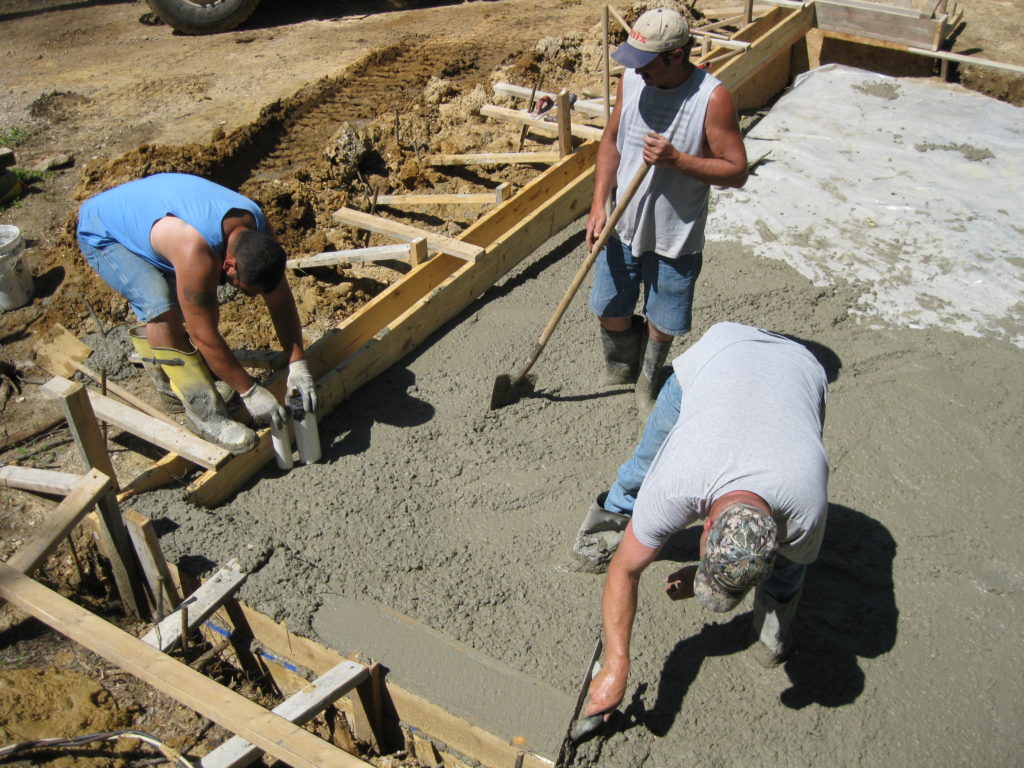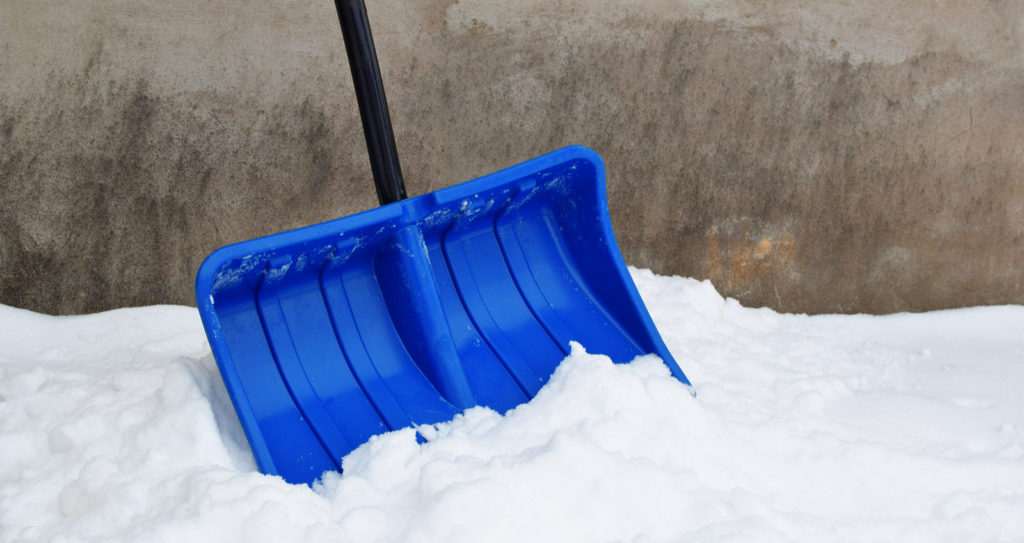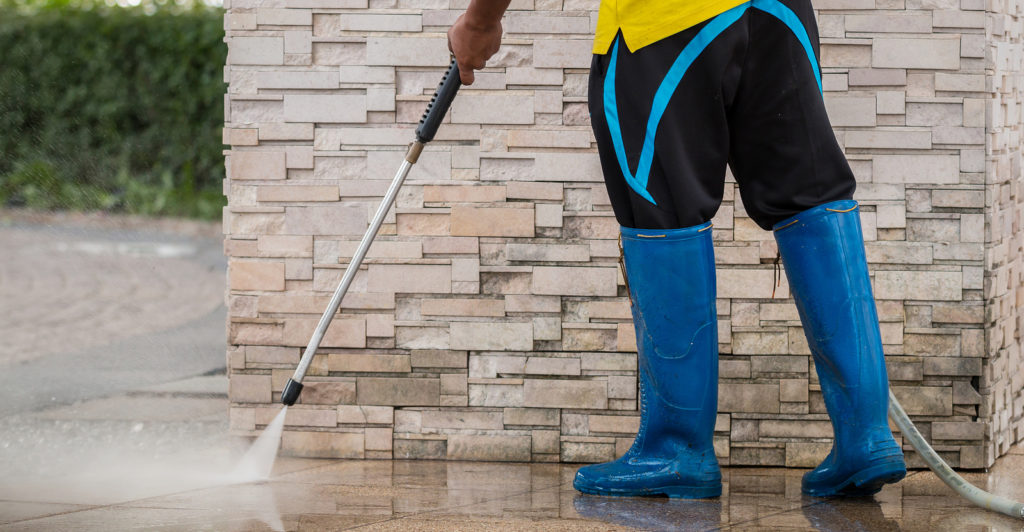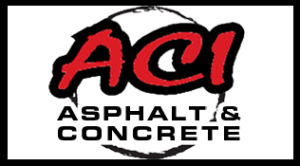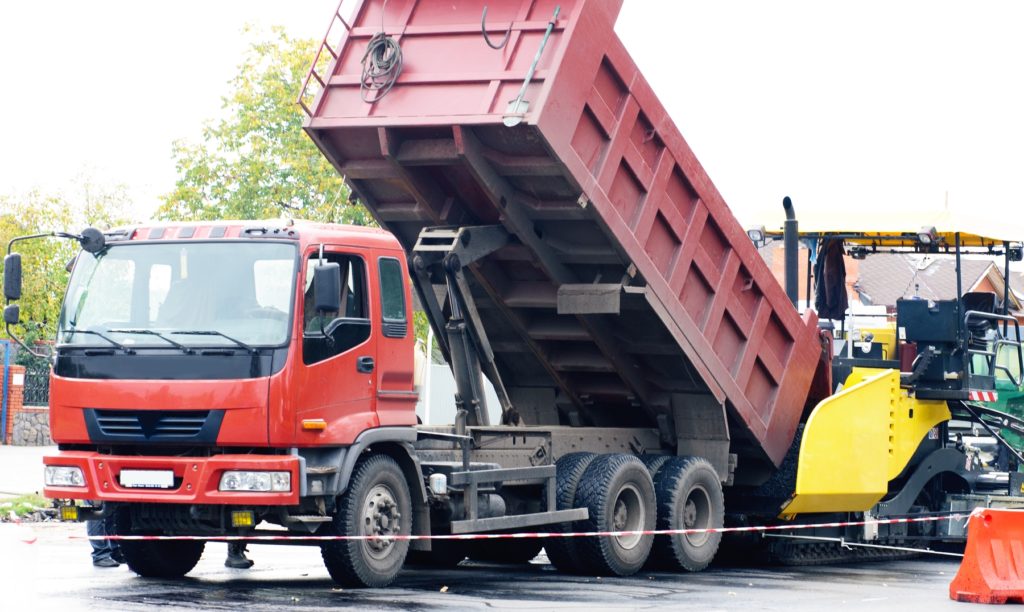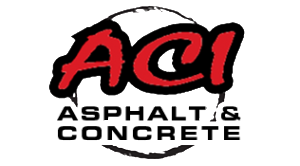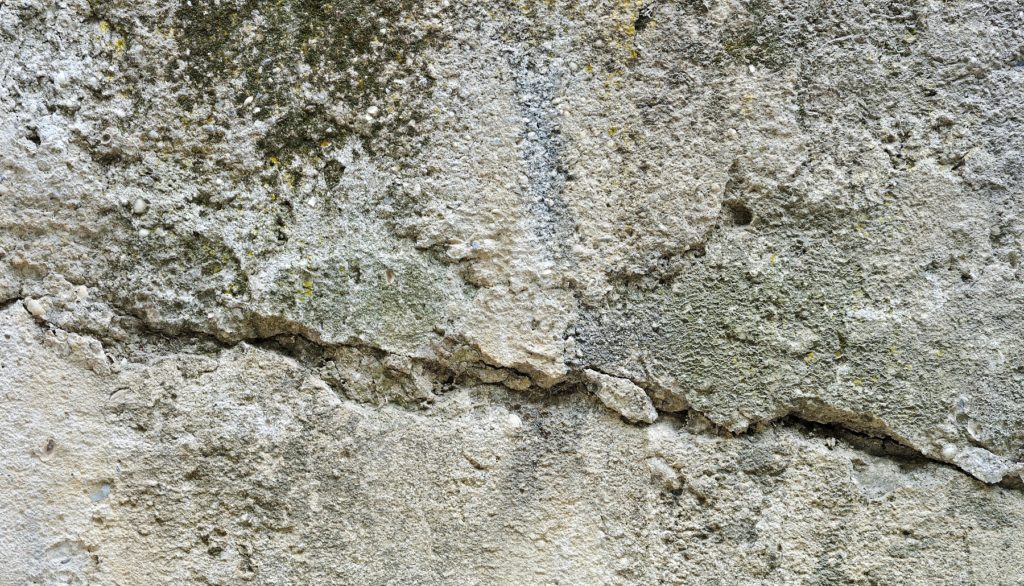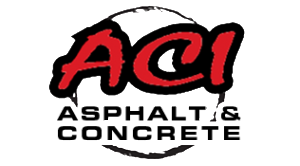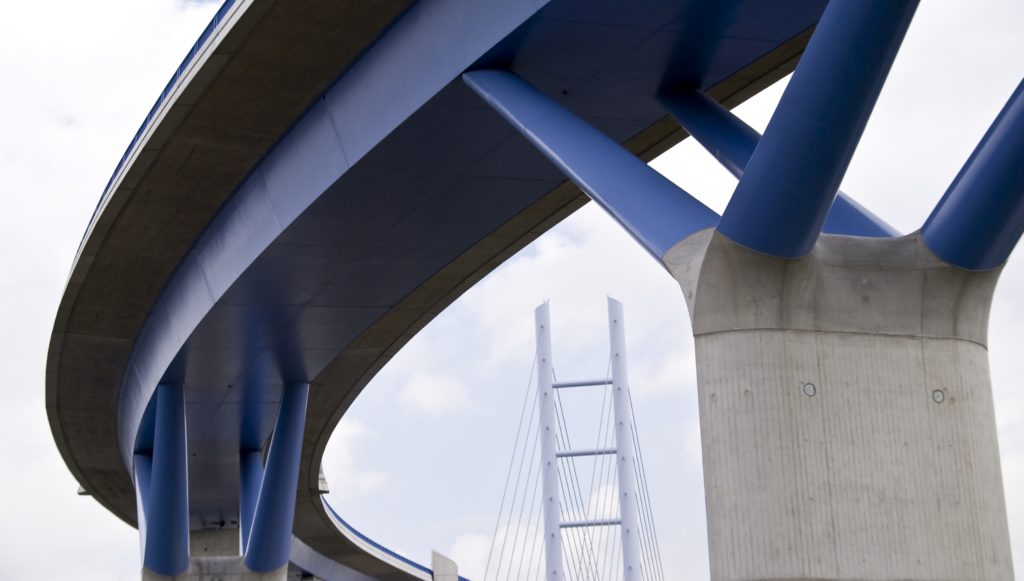Concrete pads, also known as precast concrete slabs or pavers, are extremely versatile, which is why they are used in so many concrete paving applications. From sidewalks and patios, to stepping stones, walkways, and more, concrete pads are a vital component in the concrete paving industry.
Continue reading to learn how they are made and installed, and who to call for professional concrete service you can trust.
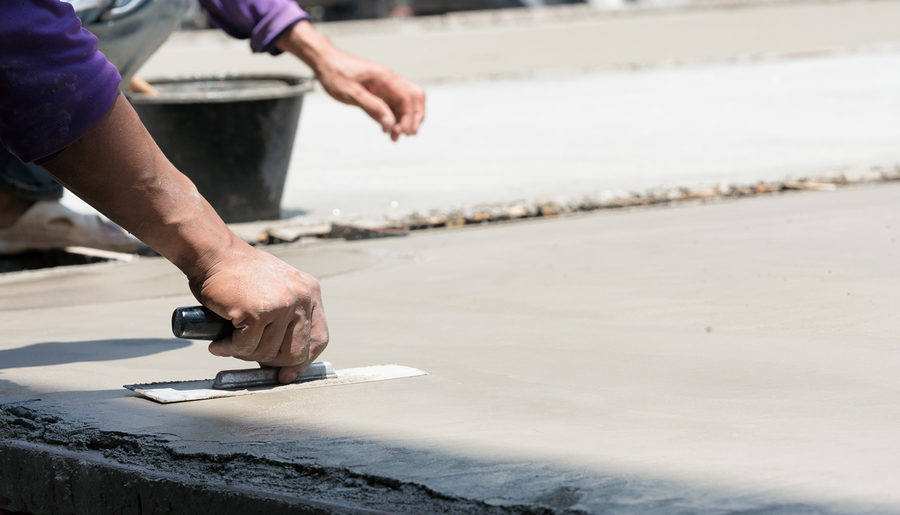
Assembling Concrete Pads
The primary material used to make concrete pads is actually just traditional cement. The cement mixture used for concrete slabs and pavers generally includes concrete, aggregate, and water. This simple but effective mixture is then poured into a mold and left to dry or “cure” over an extended period of time. The purpose of this method is to allow contractors to easily customize the appearance of the slab.
They can create a wide range of shapes, textures, and sizes, and even add an infinite array of color pigments for an added appeal. The best part about the versatility of concrete is that it can be made to look identical to higher-end materials like cobblestone, brick, shale, marble, tile, and more. You can also choose patterns and colors that are entirely unique to you and your home’s décor.
Installing Concrete Pads
The best route to take for concrete pad installation is hiring professional contractors. A decorative concrete company will have the skills and resources to customize the perfect combination of look, color, style, and texture, all within your budget. And furthermore, they have the experience, tools, and equipment to finish the project effectively and efficiently. Here’s some highlighted steps to expect during concrete slab installation:
➤ Ground Clearance
➤ Slope Excavation
➤ Soil Compaction
➤ Grid Placement
➤ Sand or Aggregate Application
➤ Pavers Placement
➤ Sand Application
Commercial and Industrial Concrete Paving in Indianapolis
Call ACI Asphalt and Concrete at 317-549-1833 for commercial concrete paving services in Indianapolis and its surrounding areas. Our licensed and qualified paving contractors provide a wide range of concrete and asphalt repair and installation services at the most competitive prices in town. Request a free estimate, today.


